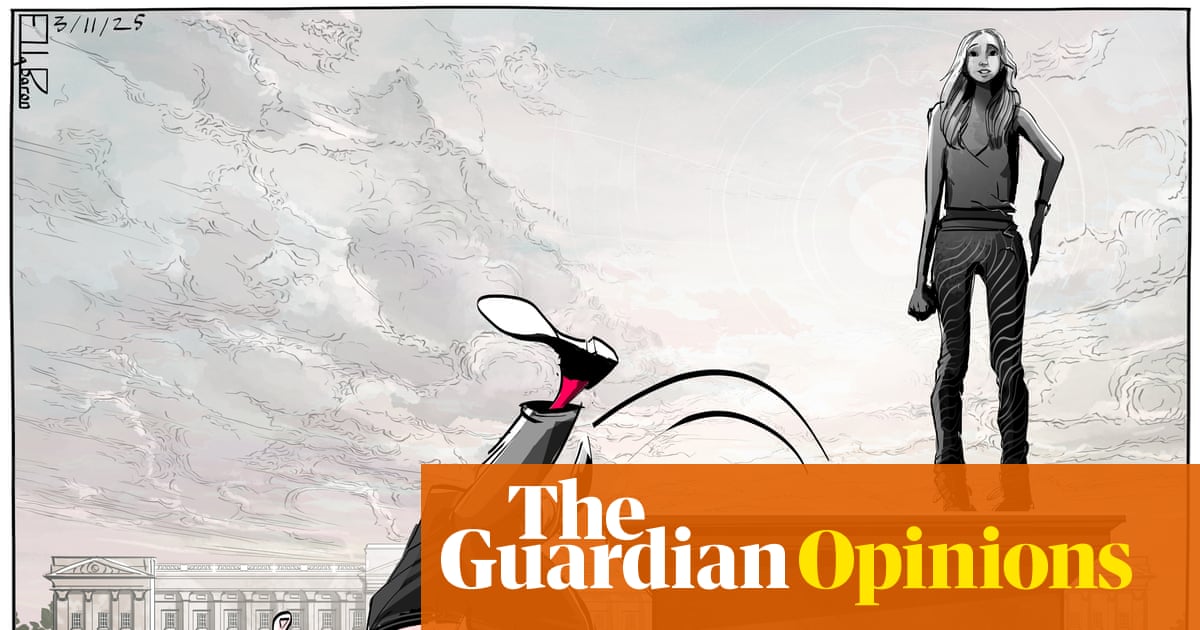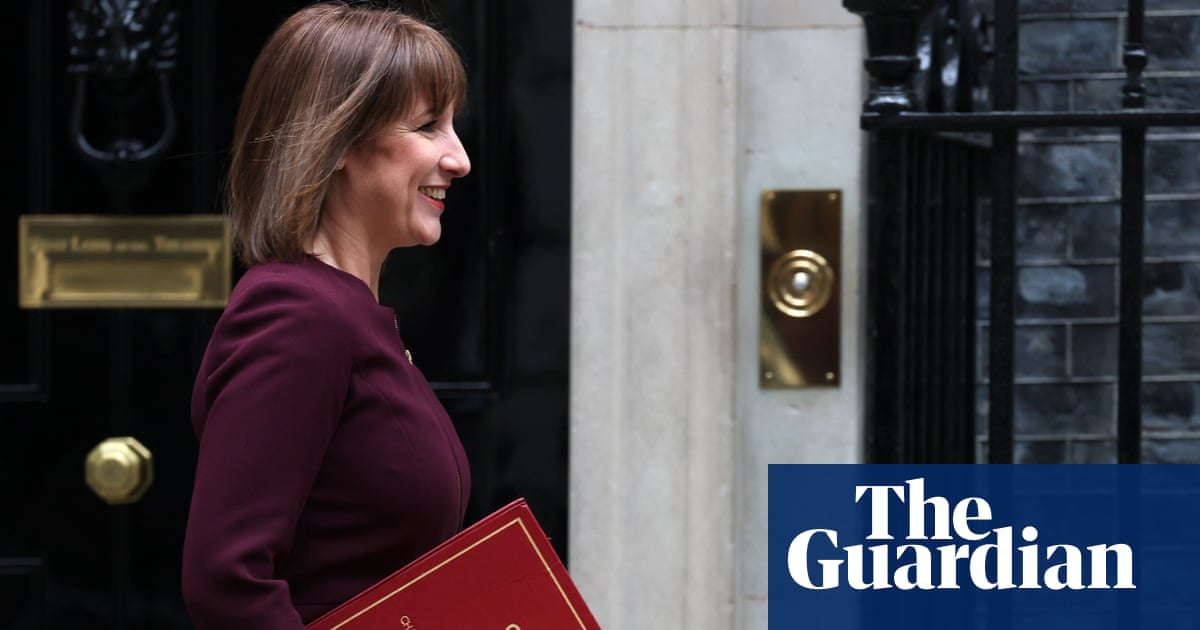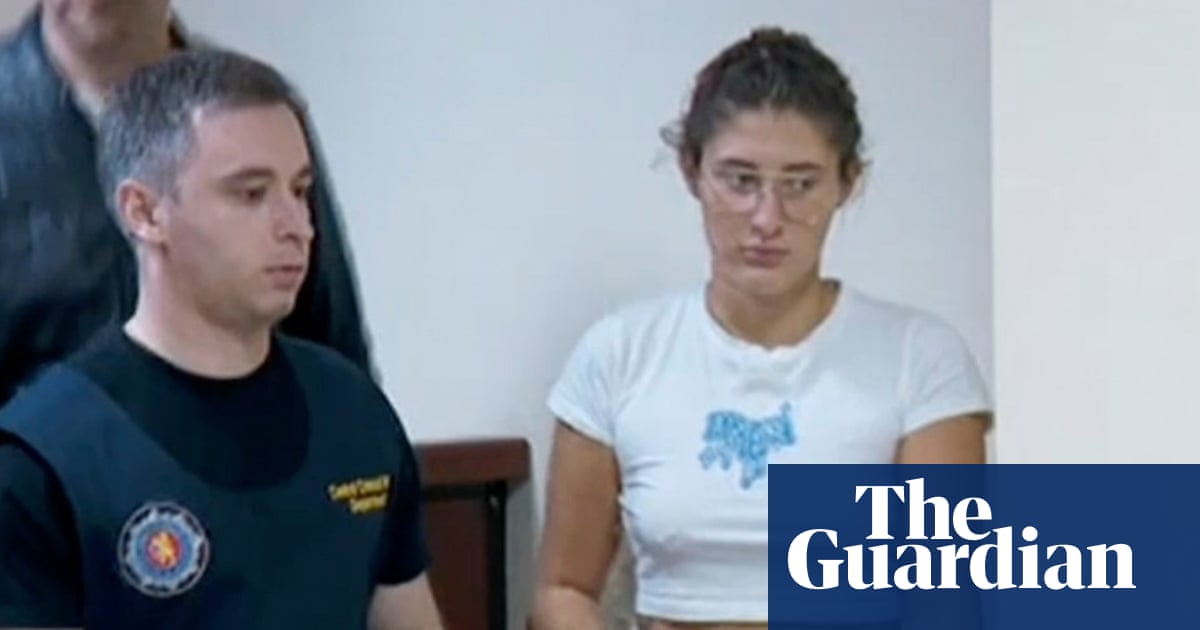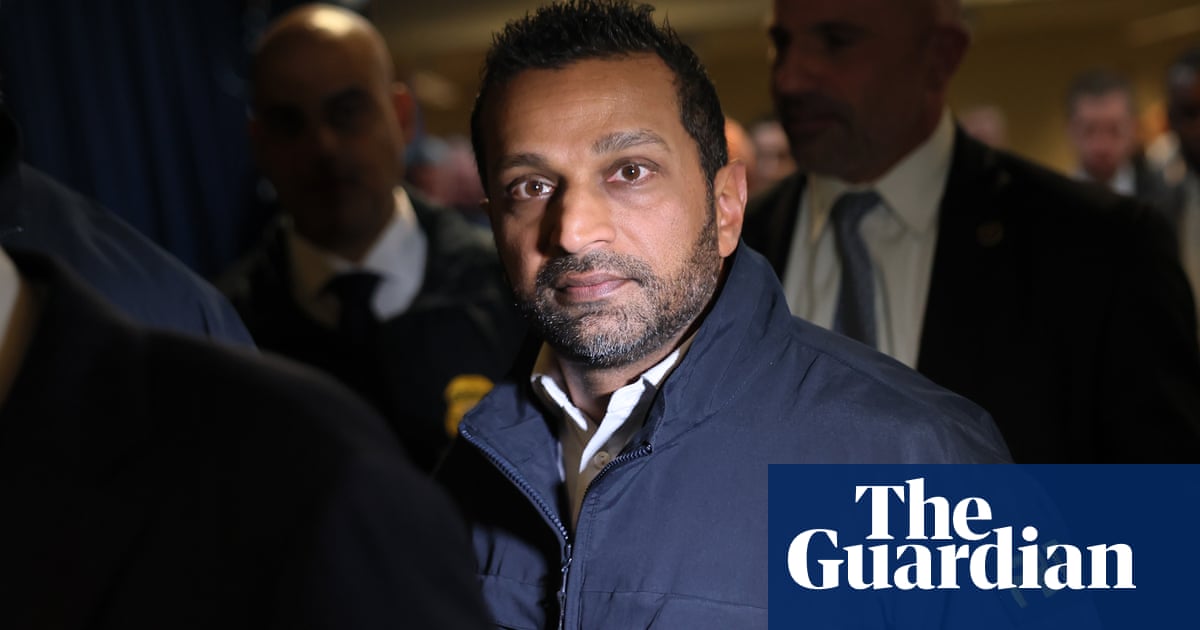The court appearance on Tuesday of three protesters charged with terrorism offences because they held up signs declaring their support for Palestine Action should shame the government. The decision to proscribe the group, taken in June, was an alarmingly illiberal overreaction to the damage some of the group’s supporters are alleged to have caused to military equipment. Now ministers and the public are seeing the consequences, as non-violent protesters against the ban are brought before judges.
A long and proud tradition of civil disobedience includes campaigners for women’s suffrage, and against nuclear weapons and the burning of fossil fuels. Yet with its rash decision to lump the kind of direct action practised by Palestine Action in with terrorism, ministers have turned their back on this. More than 1,600 people have been arrested since the ban, many of them middle-aged and older. More protests are planned.
It is bad enough that the UK has, like the European Union, failed to restrict trade with Israel or end arms exports, despite mounting evidence of war crimes. But for champions of direct-action tactics to face the risk of jail, in the same week that the prime minister plays host to President Trump, is a disgrace. As was pointed out when the Palestine Action ban was introduced, existing laws can be used to prosecute individuals who commit crimes for political motives. Currently, 24 people are awaiting trial on charges including violent disorder after an Elbit Systems UK site in Bristol was targeted.
Ministers claimed to have based their decision on an intelligence assessment. But a declassified version of this advice, seen by the New York Times, said that most of Palestine Action’s activity “would not be classified as terrorism”. At a time when police, prisons and the courts are all overstretched, the ban has diverted resources in the wrong direction.
This is the case whatever happens in court this week. The events of the weekend, when 26 police officers were injured at a massive far-right rally in London, makes the government’s skewed priorities even more glaring. Ministers, and the police, appear to have been caught off-guard by the demonstration’s scale and violence.
Unless the home secretary manages to prevent it, Palestine Action’s proscription will be challenged in court in November, on the grounds that it could interfere with people’s rights to free expression and assembly. While the ban stands, the courts should opt for leniency. Harshly punishing people for championing the right to protest would send a terrible signal, at a time when liberal democracy is under growing threat.
But even acquittals would not right the wrong of Palestine Action being proscribed in the first place. Protesters against Israeli brutality in Gaza and the West Bank should never have been dealt with in the same legislative order as Maniacs Murder Cult and Russian Imperial Movement, as happened in July, or placed in the same category as Hamas and Hizb ut-Tahrir.
Following the prime minister’s panicked recent reshuffle, the new home secretary, Shabana Mahmood, should take a different approach. Three independent reviewers of terrorism laws have recommended that proscription orders should be time-limited. Now would be a good moment to revisit a decision that should never have been made.
-
Do you have an opinion on the issues raised in this article? If you would like to submit a response of up to 300 words by email to be considered for publication in our letters section, please click here.

.png) 1 month ago
37
1 month ago
37

















































